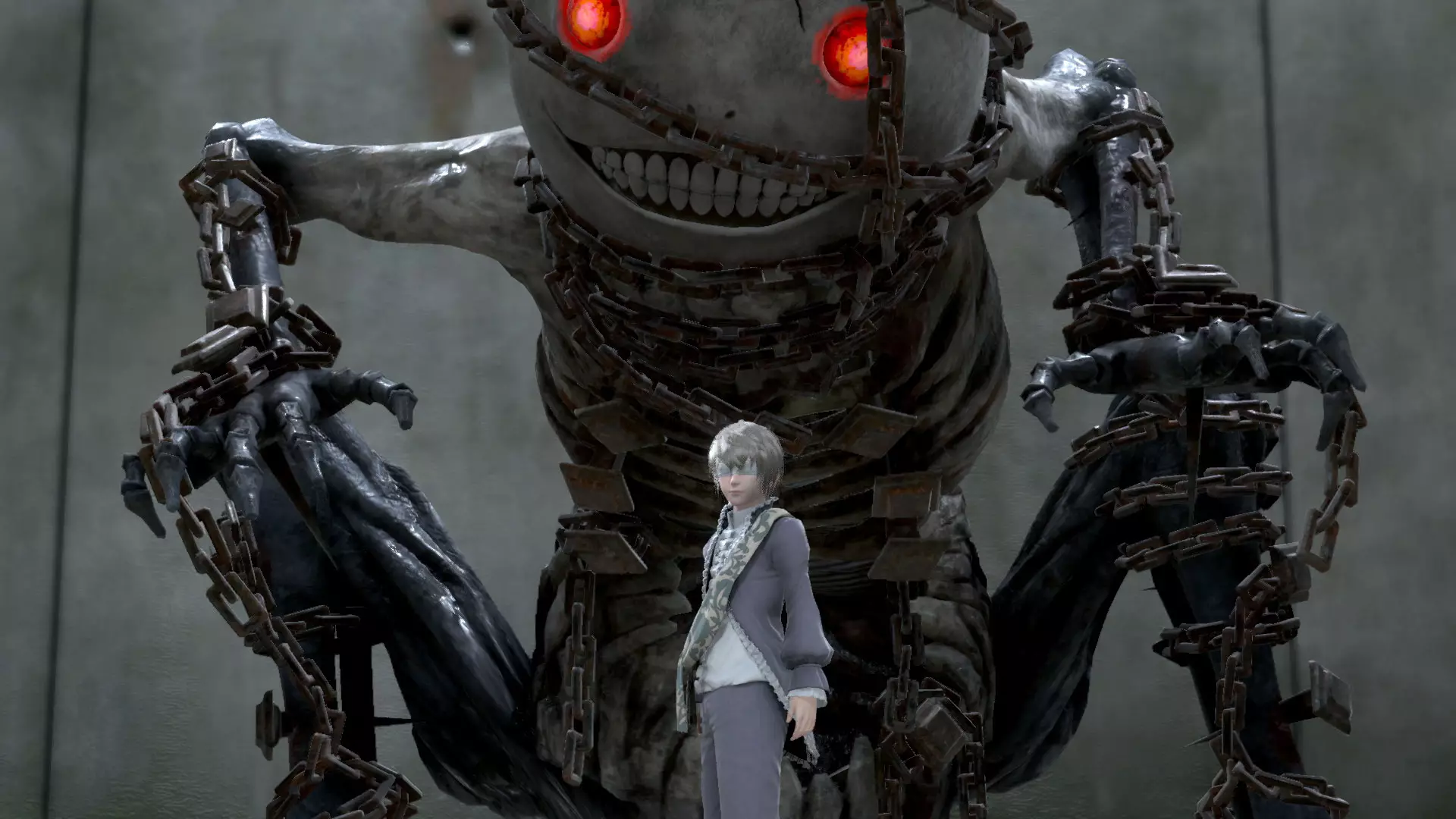Yoko Taro, renowned creator of the Nier and Drakengard series, challenges the conventional pursuit of perfection in creative endeavors. His analogy comparing game development to sculpting with clay offers a profound insight into the artistic process: a relentless quest for an ideal that remains forever out of reach. Taro admits that every attempt to craft a “perfect” story or world reveals new flaws, much like noticing a crooked side in a clay sculpture after stepping back. This realization underscores a fundamental truth—perfection is an illusion, and the pursuit itself is what fuels artistic growth.
The Endless Iteration and Its Limitations
Taro’s metaphor emphasizes the iterative nature of creation. No matter how much effort is invested, each revision uncovers fresh imperfections. This constant cycle can be both inspiring and exhausting. Yet, Taro highlights a crucial aspect of creative life: deadlines impose boundaries that curtail the desire for endless refinement. Rather than viewing this as a failure, he perceives it as an acceptance of life’s practical realities. The artist recognizes that no creation can ever be entirely complete, and that finishing a project solely signifies the transition from idealism to acknowledgment of inevitable imperfection.
Acceptance Over Regret
Despite acknowledging the absence of true mastery, Taro expresses a nuanced perspective on his work. He states he has no regrets because, in his view, every effort represents a meaningful step forward. His philosophy suggests that satisfaction doesn’t come from creating the perfect game but from knowing he has put forth honest, earnest effort. If given unlimited time, he would likely keep tinkering, but time constraints teach him to let go, to accept the imperfect as the best obtainable version given circumstances.
The Resilient Spirit of Rebirth
Taro’s creative cycle involves enduring dissatisfaction, then starting anew when a project concludes. Instead of obsessing over flaws or seeking to improve the past, he believes in the continual rebirth of ideas through fresh beginnings. This resilience reflects a deeply philosophical attitude: that each project is a new clay cube, with its own imperfections, but nonetheless worthy of pursuit. The sadness he feels at leaving work behind is balanced by the hope and motivation to craft something better in the future, embodying the relentless spirit of artistic renewal.
The Power of Imperfection in Artistic Authenticity
By openly embracing the imperfections inherent in his work, Taro demonstrates that true artistry transcends flawless execution. His approach champions authenticity and honesty, rejecting the illusion of a never-finished masterpiece. This honesty resonates deeply with audiences, revealing a creative mind that values sincere efforts over unattainable perfection. Instead of chasing eternal completion, Taro finds beauty in the process itself—the ongoing striving, the frustrations, and the next beginning. He embodies a bold attitude: that embracing one’s limitations can lead to more genuine, impactful creations.

